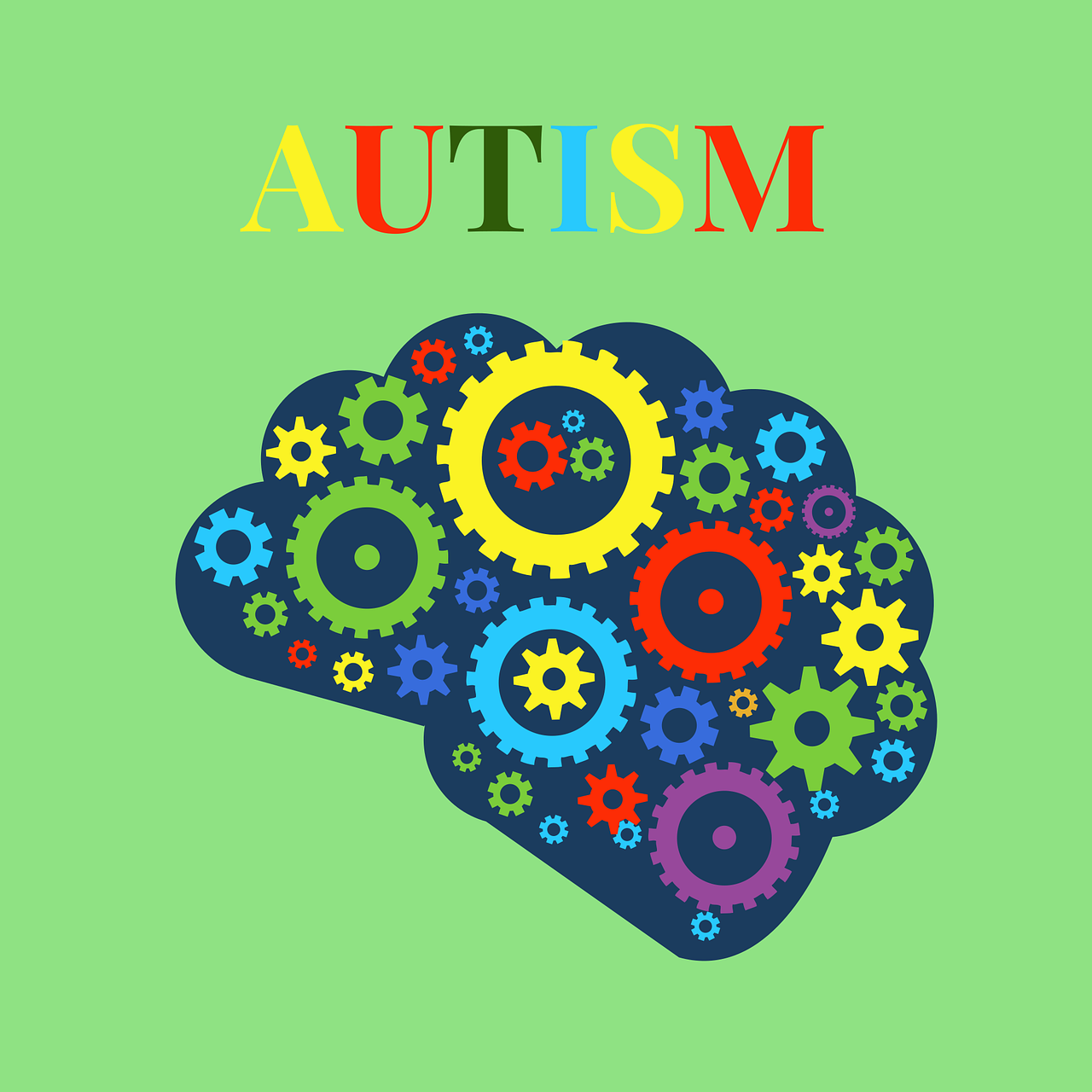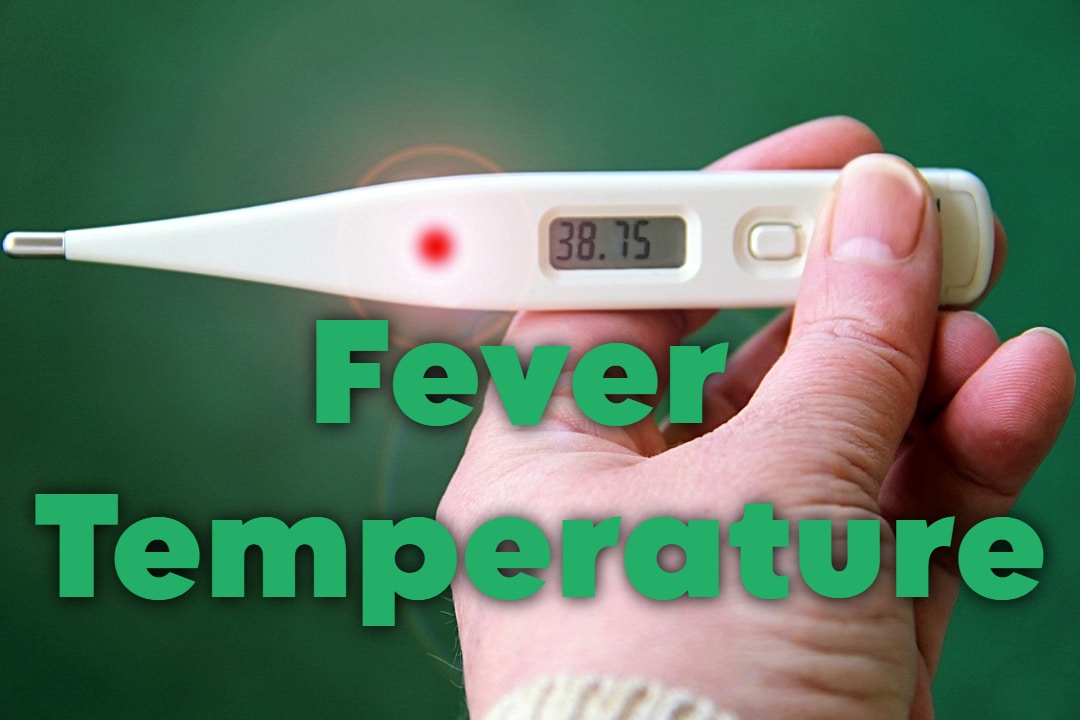Autism Spectrum Disorder (ASD) is a neurodevelopmental condition characterized by challenges with social interaction, communication, and repetitive behaviors. While there is no definitive cure for autism, various treatment approaches aim to improve the quality of life and functionality for individuals with ASD. This blog explores different autism spectrum disorder treatment options, including therapies, medications, and support plans.
Understanding Autism Spectrum Disorder
ASD is a spectrum condition, meaning it affects individuals differently. Some may have mild symptoms, while others experience more significant challenges. Early diagnosis and intervention are crucial for effective management.
Key Components of Autism Spectrum Disorder Treatment
1. Behavioral and Developmental Therapies
Behavioral therapies are foundational to treating autism. These therapies focus on teaching essential life skills, improving communication, and reducing challenging behaviors.
| Therapy Type | Description | Ideal for |
|---|---|---|
| Applied Behavior Analysis (ABA) | Focuses on positive reinforcement to encourage desirable behaviors. | Children and adults with mild to severe autism |
| Early Start Denver Model (ESDM) | Play-based therapy targeting developmental milestones. | Young children (1-4 years) |
| Social Skills Training | Enhances social interaction and communication. | Mild autism treatment and level 1 autism treatment |
| Cognitive Behavioral Therapy (CBT) | Helps manage anxiety and improve emotional regulation. | Treatment for autism in adults and children |
2. Autism Spectrum Disorder Treatment Medication
Medications are often used to manage symptoms associated with ASD, such as anxiety, hyperactivity, and aggression. While no single medication cures autism, several options can help individuals manage specific challenges.
| Medication | Purpose | Common Uses |
|---|---|---|
| Risperidone | Reduces irritability and aggression. | Autism treatment for children and adults |
| Aripiprazole | Manages mood swings and repetitive behaviors. | Best treatment for autism in the world |
| SSRIs (Selective Serotonin Reuptake Inhibitors) | Treats anxiety and depression. | Treatment for autism in adults |
| Stimulants | Improves attention and reduces hyperactivity. | Level 1 autism treatment |
FAQ: What is the best medicine for autism?
There isn’t a single “best” medicine for autism as treatment varies based on individual needs. Consulting a healthcare provider is crucial for a personalized approach.
3. Educational Interventions
Specialized educational programs play a critical role in helping children with ASD achieve their potential. Individualized Education Plans (IEPs) are tailored to meet the specific needs of students, ensuring they receive the support required to thrive in academic settings.
Key Features of Effective Educational Interventions:
- Structured routines.
- Small class sizes.
- Focus on social and communication skills.
4. Therapies for Enhancing Communication and Social Interaction
Speech and language therapy is a cornerstone for individuals with ASD who struggle with verbal and non-verbal communication.
Popular Therapies:
- Speech Therapy: Improves language skills and articulation.
- Occupational Therapy: Develops fine motor skills and daily living activities.
- Play Therapy: Encourages social skills and emotional expression.
5. Dietary and Complementary Interventions
While there is limited scientific evidence supporting dietary changes as a treatment for autism, some families find that certain diets or supplements benefit their child. Common interventions include:
- Gluten-free, casein-free diets.
- Omega-3 fatty acids.
- Probiotics.
6. Developing a Treatment Plan
A well-rounded treatment plan for autism spectrum disorder should include input from healthcare providers, educators, and family members. Such plans are often documented for consistency and can serve as a guideline for caregivers.
| Element | Key Focus |
|---|---|
| Goals | Improving communication and reducing disruptive behaviors |
| Therapies | Behavioral, speech, and occupational therapies |
| Medications | To manage co-occurring conditions |
| Reviews | Regular evaluations to adjust interventions |
For detailed templates, consider downloading a treatment plan for autism spectrum disorder PDF from trusted medical resources.
Treatment for Autism in Adults
Autism spectrum disorder treatment doesn’t stop in childhood. Adults with autism may require ongoing support to address challenges such as employment, relationships, and independent living.
Key Areas of Focus:
- Vocational training programs.
- Social skills workshops.
- Therapy for managing anxiety or depression.

Innovative Treatments and Research
Recent advancements in technology and research have led to new autism spectrum disorder treatment options. Some innovative approaches include:
- Assistive Technology: Devices to enhance communication, such as speech-generating tools.
- Virtual Reality (VR) Therapy: Simulates social interactions for skill-building.
- Genetic Research: Identifying biomarkers to personalize autism treatments.
The best treatment for autism in the world often combines traditional and cutting-edge therapies tailored to an individual’s unique needs.
Challenges in Autism Spectrum Disorder Treatment
Despite advancements, there are still hurdles in ensuring accessible and effective care:
- High costs of therapies.
- Limited availability of trained professionals in certain areas.
- Stigma and lack of awareness.
FAQs on Autism Spectrum Disorder Treatment
1. What is the best medicine for autism?
There is no one-size-fits-all answer. Medications like Risperidone and Aripiprazole are commonly used to manage symptoms but should be prescribed based on individual assessments.
2. Can mild autism treatment be effective?
Yes, therapies such as ABA, speech therapy, and social skills training are highly effective for mild autism.
3. Is there a treatment plan for autism spectrum disorder PDF available?
Yes, many healthcare providers and organizations offer downloadable PDFs outlining comprehensive treatment plans.
4. What is the best treatment for autism in the world?
The best treatment integrates therapies, medications, and support tailored to the individual’s needs, emphasizing early intervention.
5. What are common autism treatment options for children?
Autism treatment for children often includes ABA, speech therapy, occupational therapy, and educational support.
6. How is level 1 autism treatment different?
Level 1 autism, characterized by mild symptoms, often focuses on improving social and communication skills through targeted therapies.
7. What are effective treatments for autism in adults?
Therapies for adults may include CBT, social skills workshops, and vocational training programs.
8. Are dietary changes part of autism treatment?
Some families explore dietary interventions, though these should complement, not replace, evidence-based therapies.


